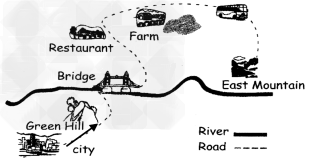根据《合伙企业法》的规定,有限合伙人的下列行为,不视为执行合伙事务的有()。
A.参与决定普通合伙人入伙事宜
B.参与选择承办有限合伙企业审计业务的会计师事务所
C.就有限合伙企业中的特定事项对外代表本合伙企业
D.对合伙企业的经营管理提出建议
参考答案:A,B,D
解析:【解析】(1)有限合伙人的下列行为,不视为执行合伙事务:①参与决定普通合伙人入伙、退伙(选项A);②对企业的经营管理提出建议(选项D);③参与选择承办有限合伙企业审计业务的会计师事务所(选项B);④获取经审计的有限合伙企业财务会计报告;⑤对涉及自身利益的情况,查阅有限合伙企业财务会计账簿等财务资料;⑥在有限合伙企业中的利益受到侵害时,向有责任的合伙人主张权利或者提起诉讼;⑦执行事务合伙人怠于行使权利时,督促其行使权利或者为了本企业的利益以自己的名义提起诉讼;⑧依法为本企业提供担保;(2)选项C:有限合伙企业由“普通合伙人”执行合伙事务,“有限合伙人”不执行合伙事务,不得对外代表有限合伙企业。

